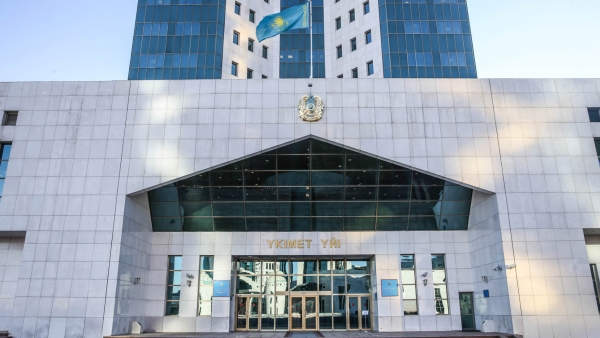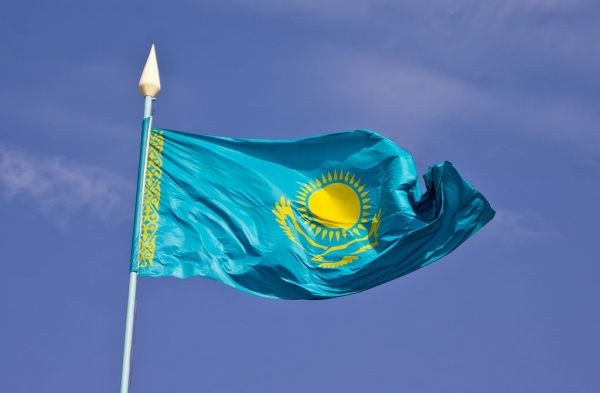At a recent government meeting, Timur Suleimenov, Chairman of the National Bank of Kazakhstan, presented a report forecasting a slowdown in inflation for 2025. The report, part of the broader Forecast of Socio-Economic Development until 2029 and the draft republican budget for 2025-2027 indicates that inflation is expected to decline from the current 7.5-9.5% range to 5.5-7.5% in the coming year. The National Bank anticipates stabilization around the medium-term target of 5% thereafter.

Suleimenov attributed this projected reduction in inflation to the implementation of monetary policy, stabilization of global commodity prices, and the approach of inflation targets in trading partner countries. He also emphasized the importance of monitoring energy price liberalization and the “Tariffs in Exchange for Investments” program, as well as the significance of budget consolidation. He noted that the proposed increase in transfers from the National Fund might lead to a higher inflation forecast in future rounds.
In addition to inflation projections, the report highlighted positive expectations for goods exports. The increase in production volumes, particularly of oil, along with high world prices for non-ferrous and ferrous metals, ores, and uranium, is expected to drive growth. Non-resource exports are projected to rise from $80.8bn in 2024 to $82.3bn in 2025.

Imports are also expected to grow, surpassing 2023’s peak value. Financial transactions in 2025 are forecasted to reach $61.3bn, driven by the rising needs of the population and businesses, significant import components in production chains, and state economic support programs.
The National Fund’s net foreign exchange assets are estimated to be $57.8bn in 2025, with an increase to $74bn by 2027. This includes bond loans and shares of Kazatomprom. The report also anticipates high withdrawals amounting to KZT 5.4 trillion ($11.2bn) in 2025, though subsequent years will see significantly lower transfers, with only KZT 2 trillion ($4.2bn) planned for 2026-2027 and no targeted transfers anticipated.
Suleimenov stressed support for reducing National Fund withdrawals but warned that without substantial tax reform to increase republican budget revenues, there is a risk of additional withdrawals in 2026-2027. The government is advised to address these issues through the new Tax Code, privatization plans, and improved fiscal discipline.




